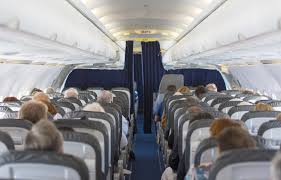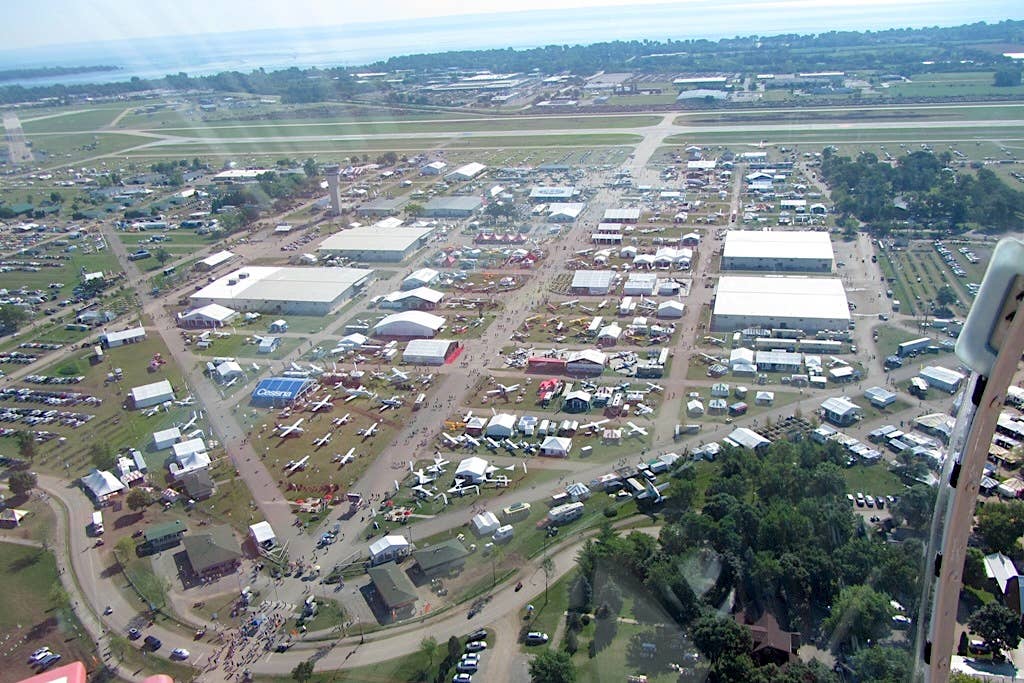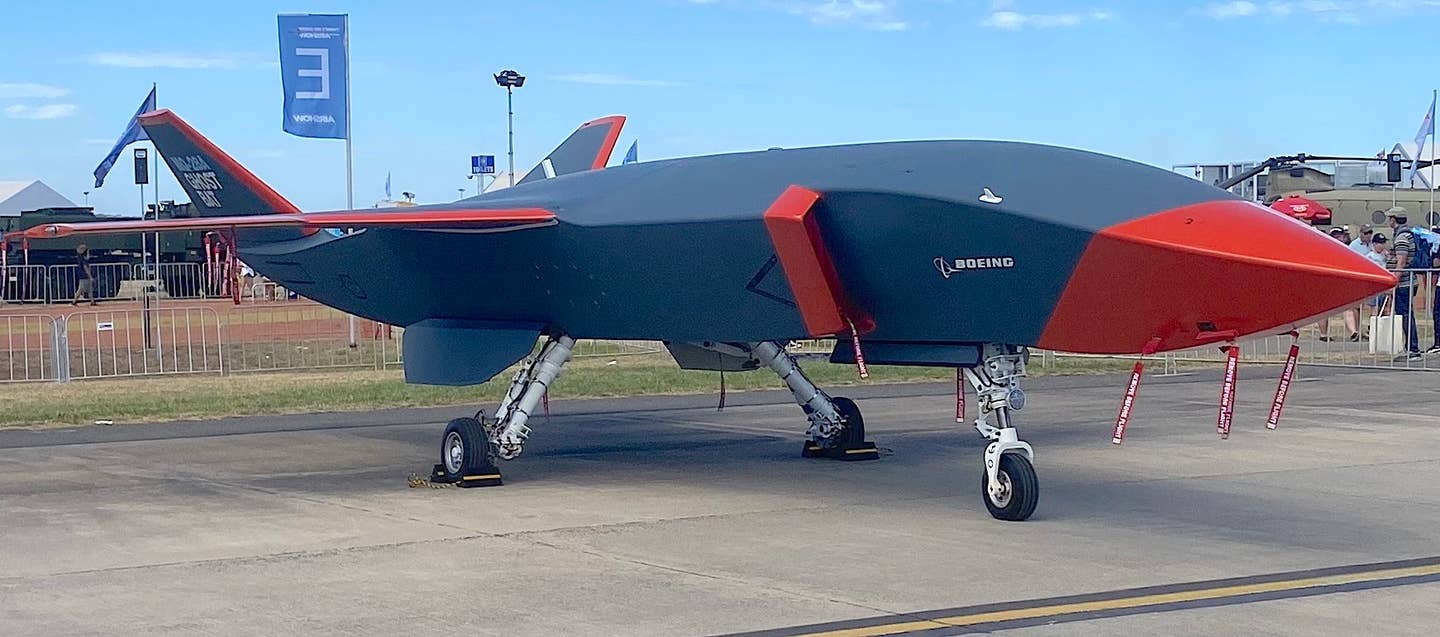Class ‘Inequity’ Fuels Air Rage
A little-known 2016 study by Princeton University researchers is getting attention again for a different take on why airline passengers are so grumpy these days. The study, titled “Physical and…

A little-known 2016 study by Princeton University researchers is getting attention again for a different take on why airline passengers are so grumpy these days. The study, titled "Physical and Situational Inequality on Airplanes Predicts Air Rage," confirms what every economy-class passenger headed to a middle seat on a crammed airliner is thinking as he or she walks through the comfort and bounty of the first-class section. The study found that just having a first-class section on an airplane quadrupled the chance of an air rage incident and that loading economy passengers through first class doubles that again. "We advance an alternative view: the modern airplane reflects a social microcosm of class-based society, making inequality salient to passengers through both the physical design of the plane (the presence of a first class cabin) and, more subtly, the boarding procedure (whether economy passengers must pass through the first class cabin)," the preamble of the study reads.
The study is resurfacing as regulators try to get a handle on the unpleasantness that erupts on about one in 600 flights. The rates of air rage skyrocketed during the COVID pandemic, but most of that was due to the mask mandate. What's puzzling regulators is that it hasn't dropped to pre-pandemic levels. According to University of Texas researchers the ever-shrinking personal space available might be a significant factor. As the space shrinks, it becomes more valuable and “thus opens the door to conflict between passengers.” Alcohol availability and the denial of alcohol, which occurred during the pandemic, are both cited as factors. Although well known as a potential trigger, the study says booze accessibility both in the airport and on the plane hasn't changed much.
Regulators have been relying on a punitive approach to stem the tide and some violators have been hit with fines in the tens of thousands. Airlines also keep lists of passengers banned from traveling with them but the numbers remain stubbornly high. The National Post quoted sources saying the rate of in-flight nastiness is roughly double what it was in 2019 and after a sharp decline with the end of pandemic rules now seems to be increasing, according to Canadian authorities. Transport Canada says the bad behavior sometimes starts before boarding. Earlier this year it reported an increase in the number of unruly and sometimes violent people in the security lines. It's considering adding a fine structure for passengers who abuse security agents.






